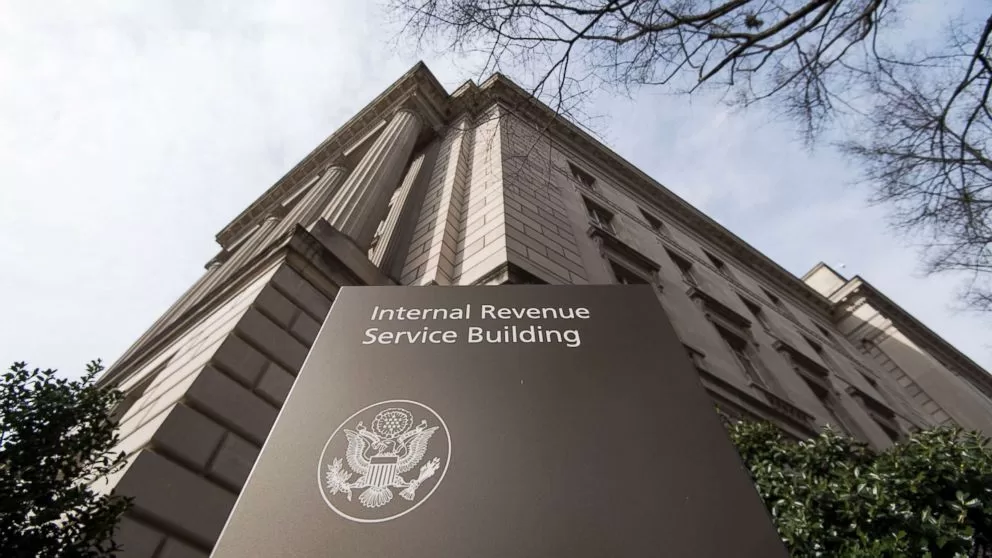The Internal Revenue Service (IRS) has clarified its stance on the taxation of income earned from staking digital assets. According to a ruling issued on July 31, U.S. cryptocurrency investors who receive rewards from staking services must include the value of those rewards as part of their gross income for tax purposes.

IRS Revenue Ruling 2023-14 Explained
In Revenue Ruling 2023-14, the IRS specified that if a taxpayer stakes cryptocurrency native to a proof-of-stake blockchain and receives rewards, the fair market value of the validation rewards should be included in the taxpayer’s gross income in the taxable year when they gain control over the rewards. This ruling applies to proof-of-stake, a cryptocurrency consensus mechanism used for processing transactions and creating new blocks in a blockchain.
Reporting Crypto Rewards in Annual Income
The IRS ruling requires investors to report the fair market value of the crypto rewards in their annual income. The valuation of these rewards should be determined at the time of receipt.
Staking on Crypto Exchanges
The IRS ruling also extends to investors staking tokens through a crypto exchange. If the taxpayer receives additional units of cryptocurrency as rewards due to the validation process, those rewards are also considered part of their gross income.
Regulatory Context
The IRS legal guidance on staking rewards comes amidst increased scrutiny from federal and state regulators on cryptocurrency-related activities. Particularly, the U.S. Securities and Exchange Commission (SEC) has been targeting staking services offered by crypto exchanges, alleging them to be illegally offered securities.
SEC’s Allegations Against Coinbase
As part of its regulatory actions, the SEC accused Coinbase, a leading cryptocurrency exchange, of failing to register the offer and sale of its crypto asset staking-as-a-service program. This enforcement action reflects the SEC’s efforts to enforce compliance with securities regulations within the crypto industry.
Implications for Cryptocurrency Investors
The IRS’s clarification on reporting staking rewards as income has significant implications for cryptocurrency investors. It highlights the need for investors to comply with tax regulations and accurately report their crypto-related earnings. Failure to do so could result in penalties and legal consequences.
Seeking Clarity in Crypto Taxation
The complex and evolving nature of the cryptocurrency market has created challenges in taxation. Regulators, including the IRS, are continuously working to provide clear guidelines for crypto taxation to ensure compliance and fairness in the tax system.
Investor Responsibility
As the cryptocurrency industry continues to grow, investors must stay informed about tax obligations related to their crypto activities. Understanding and adhering to tax regulations is essential to avoid potential legal issues and to contribute to the establishment of a well-regulated and thriving crypto ecosystem.

